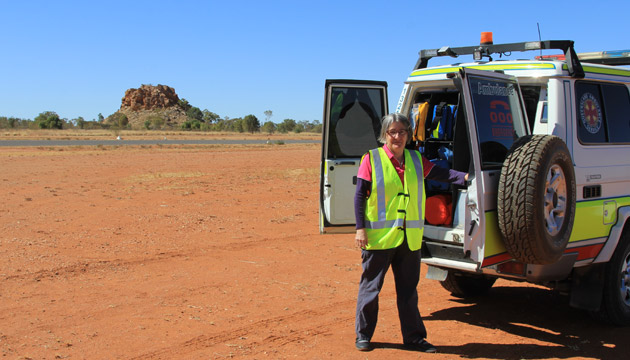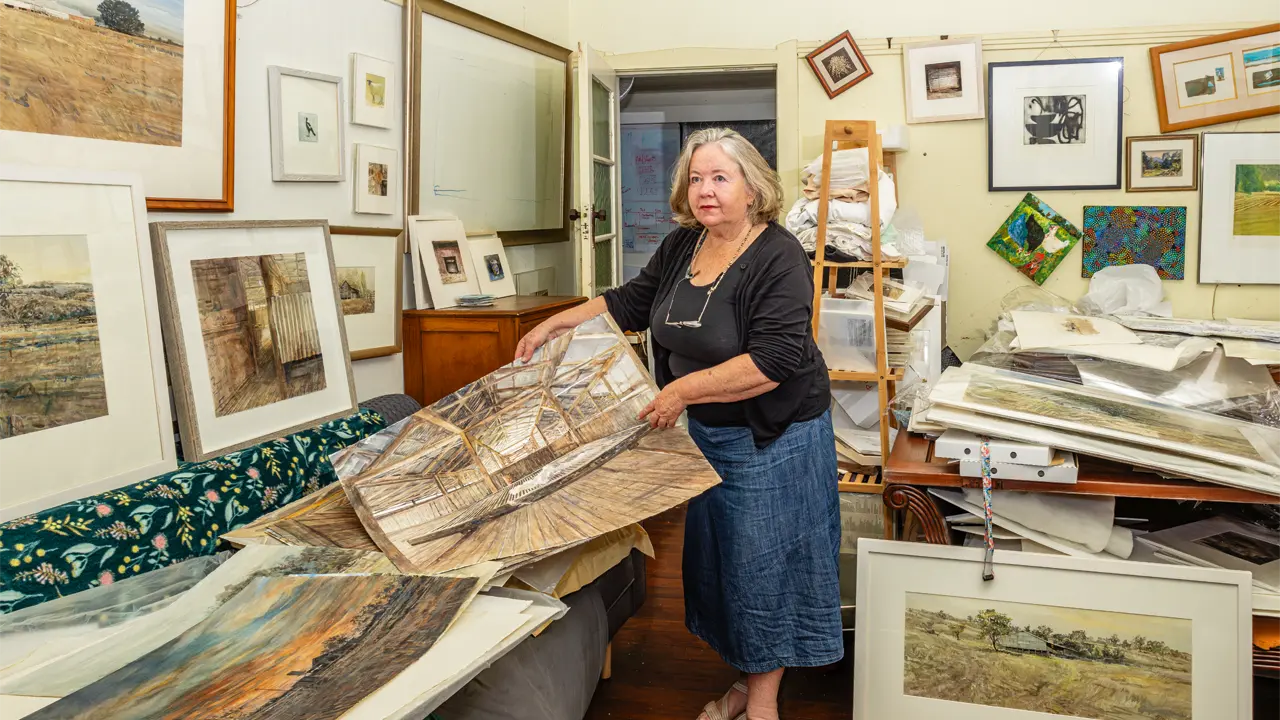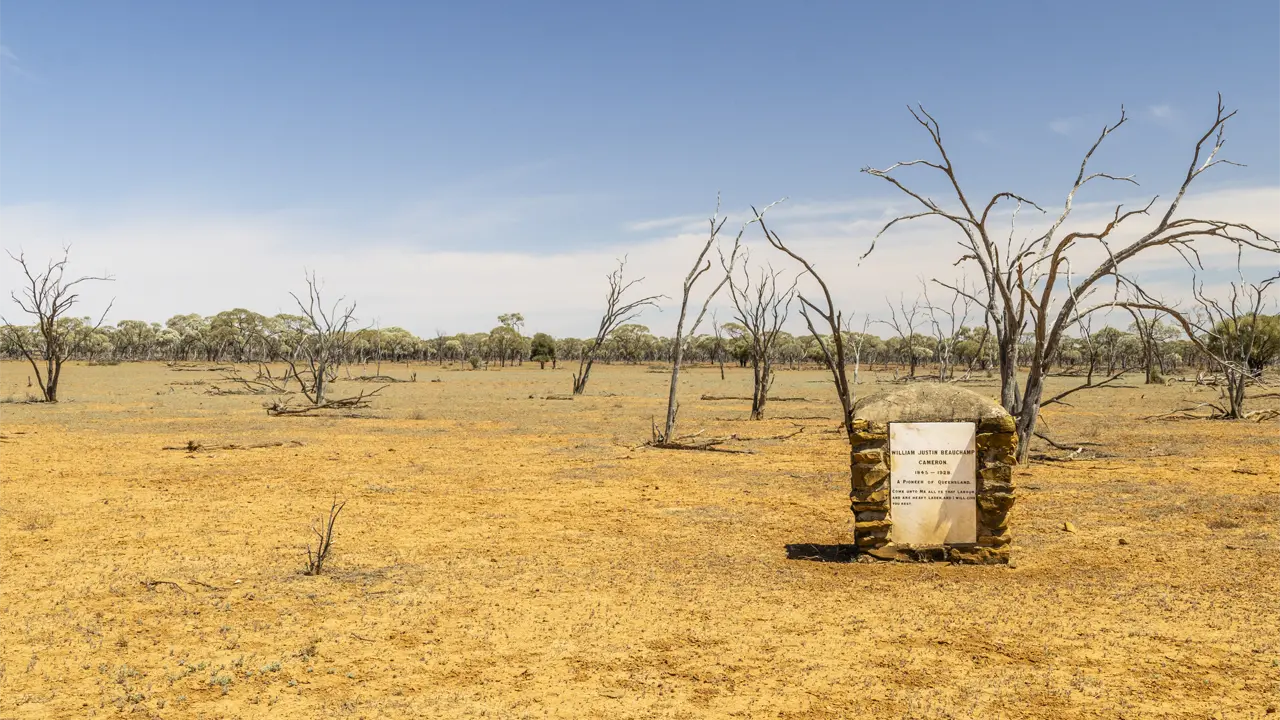Health workers in remote areas and Indigenous communities face a range of complex issues. They may be the only medical help around, have limited resources and may be dealing with multifaceted problems.
Story Ken Eastwood
Since 2011, the Centre for Remote Health at Alice Springs has offered a Master of Remote and Indigenous Health to help prepare nurses and other allied health workers to deal with such complexities.
“Mostly, the great bulk of our students are nurses – either ones who are already working remotely and want to up their skills, but we also have people coming in who want to go and work remotely or practise remotely,” says Professor Tim Carey, director of the centre. “By educating and upskilling health professionals, we think they’re better equipped to stay out in remote communities longer.”
The centre, jointly run by Darwin University and Flinders University, was formed in 1998 and offers graduate certificates and graduate diplomas in remote health practice. “We have students from all over the country and they go all over the country,” Tim says. “For some it’s just about getting their learning at a higher level.”
The Masters degree requires the completion of 12 subjects, and is usually done part-time over about five years. Most of the courses can be done online and some have a two-day or five-day workshop, during which students come to Alice Springs and stay in subsidised student housing. “Primary care is a big part of what we look at, and Indigenous health is a very sharp focus,” Tim says. “Chronic disease is also high on the agenda.” The course also covers public health issues, social determinants of health and advanced nursing skills.
Former graduate of the course, and now one of the lecturers who teaches subjects in remote nursing, chronic disease and management, Karen Collas, has worked in remote communities from the Top End to Queensland, New South Wales, Christmas Island and Central Australia. “The course gives the nurses that foundation knowledge to work out bush. They don’t know what they don’t know,” Karen says. “Most Australians don’t have a lot of experience with remote areas or Indigenous people. There’s a shortage of remote area nurses and yet it’s so important that any remote communities have highly trained and skilled nurses because they’re not going to get a doctor out there full-time."
This story excerpt is from Issue #113
Outback Magazine: June/July 2017










